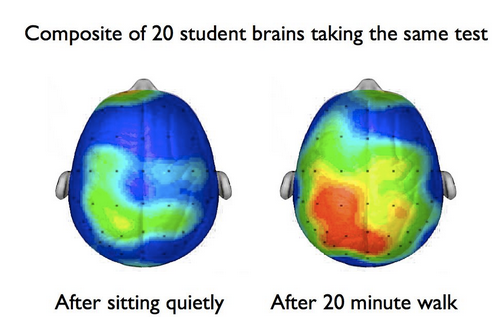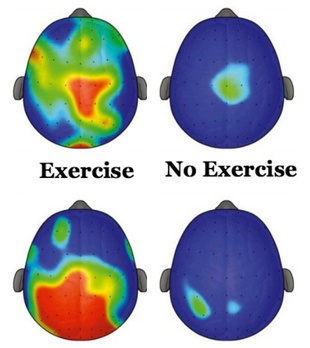Many who abuse drugs or alcohol neglect important components of daily health, wreaking havoc on both emotional and physical well being.
It is important to repair the psychological and physical damage of chemical dependency as well as the damaged mind-body connection.
Exercise in chemical dependency treatment serves many purposes, but there are some primary benefits one can get from exercise during substance abuse treatment and recovery.
- Exercise relieves and reduces stress.
- Exercise naturally and positively alters your brain chemistry.
- Exercise is meditation in motion.
- Exercise improves your outlook.
In addition, regular exercise fosters improved:
- Sleep
- Greater energy
- Enhanced feelings of well being
All of these improvements make life much more manageable and enjoyable and recovery that much more possible and sustainable.

Aerobic exercises, have been proved to reduce anxiety and depression. These include:
- Jogging
- Swimming
- Cycling
- Walking
- Gardening
- Dancing
These improvements in mood are proposed to be caused by:
Exercise-induced increase in blood circulation to the BRAIN
This physiologic influence is probably mediated by the communication of the HPA axis with several regions of the brain, including:
- the limbic system, which controls motivation and mood
- the amygdala, which generates fear in response to stress
- hippocampus, which plays an important part in memory formation as well as in mood and motivation.

